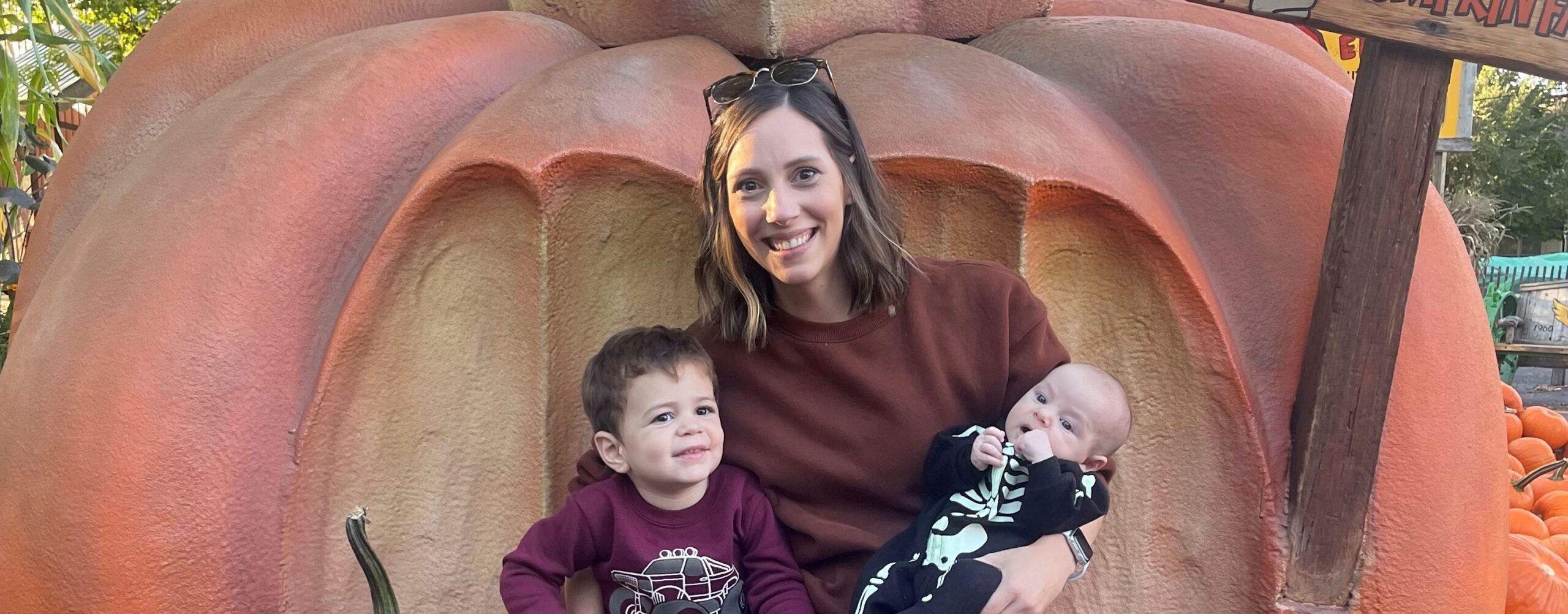Phases
There have been multiple phases of the pandemic. In the early phases, there was an emphasis on routine and creating space for oneself. As we moved into differing degrees of “openness”, we were able to focus on boundaries, making sure we were not overwhelmed with too many activities. I have found that one thing has remained consistent with Covid-19 phases, and that is for some the unequal balance of identity as manifested in an unhealthy relationship with work. As a clinician, I feel that it is important to highlight the different shifts in identity and how you can become aware of your own imbalances through this pandemic.
Values work
I was able to discover evidence of this imbalance because of the values work I do with clients. By exploring values, I am able to see what guides my clients and in turn where we need to go in therapy. The breakdown of values falls into four different categories of identity: Work/education, Relationships, Personal Growth/ Health, Leisure. What I have found repeatedly throughout this pandemic is that the once balanced identity pie is now largely taken over by the Work/Education category. The effects of this imbalance are burnout, anxiety symptoms, depressive symptoms, as well as an unrealistic expectation of self. According to the American Psychological Association, “We don’t only grieve for what’s missing, but also for the ways in which those losses affect our senses of self, Bonanno says. “You can experience grief over anything that feels like a loss of identity.” This statement confirms that vacant parts of our identity are present in our grieving process as well.
Exploring your pie chart
The inequality we are seeing is a consequence of several factors. One, is the pandemic itself. Many of us struggle to separate work and home, leading to different sections of our lives bleeding into one another. The commute home is replaced by a stroll into another room, while the work day is still on our minds. This can make it hard to switch gears, and even decompress in a way that separates work as the primary identity piece. Second, is the threat of unemployment. Many people lost their jobs during this pandemic and as a result the power dynamics of an employee/employer relationship are felt at every level. I have heard countless clients say that they are unable to maintain boundaries at work because of the fear of termination. It is the expectation that you will work longer than your normal work day, be available 24/7, and not take the vacation days outlined in your contract. The third factor involves validation. Many are no longer receiving validation from others beyond work, which leads us to place work as our primary source of identity. This is a dangerous game because it forces us to put a tremendous amount of pressure on only one part of ourselves when, in reality, we are made up of several complex parts. It is so important for us to succeed in our careers, but it is not the only thing that defines our success as an individual.
What can we do?
It all starts with awareness, by becoming simply more cognizant of your behavior, you will begin to shift the composition of your pie chart. One helpful exercise is to examine where you are spending your time. This breakdown can be helpful in recognizing what behaviors need to be re-established. Are you relaxing during your weekends? Did you skip the last three softball games? It can be important to think of “free time” as equally as important as work time. Both of these make up who you are. As a therapist, I am always going to preach boundaries. Placing boundaries around work and communication with Employers is pivotal in creating a sustainable life. Just as we were able to sign-off when we walked out of our office buildings, we must be able to sign off when we shut our laptops at home. An example of a boundary to set at home would be maintaining communication between the work hours of the day. This enforces the boundary that we have a life outside of work hours and we are not accessible 24/7, nor should that be the expectation. Lastly, view oneself holistically. What makes up my identity and what can I continue to work on through this pandemic ? What are my goals when it comes to Relationships, Personal Growth/ Health, and Leisure? This is our normal and it might be important to remove the feeling of temporariness with regards to the pandemic in order to evaluate how we can relate to it differently.



